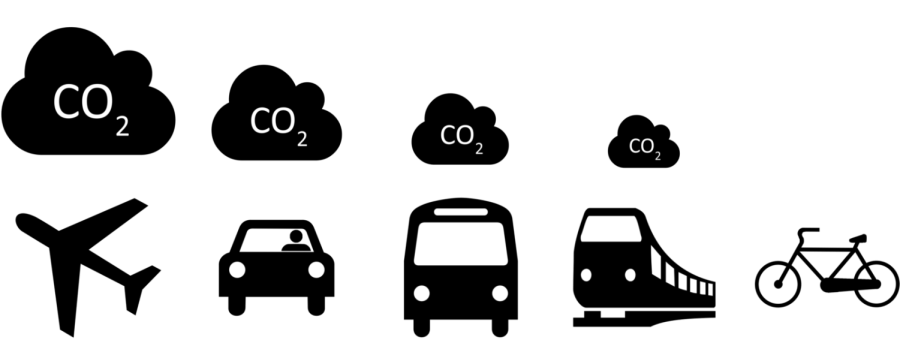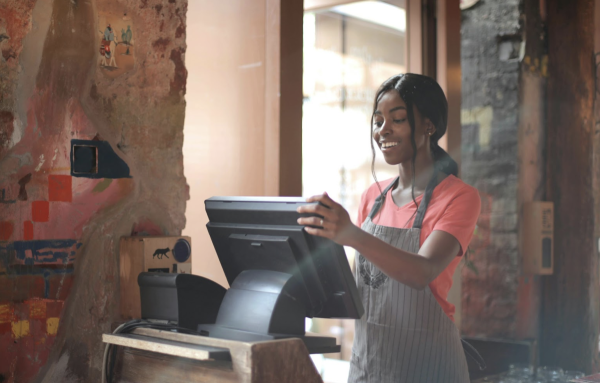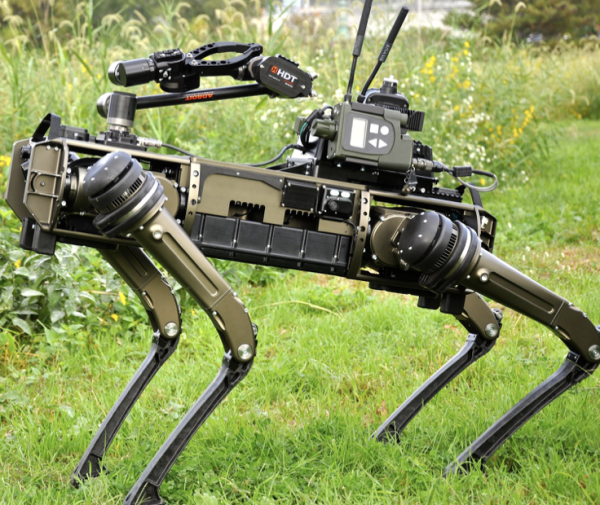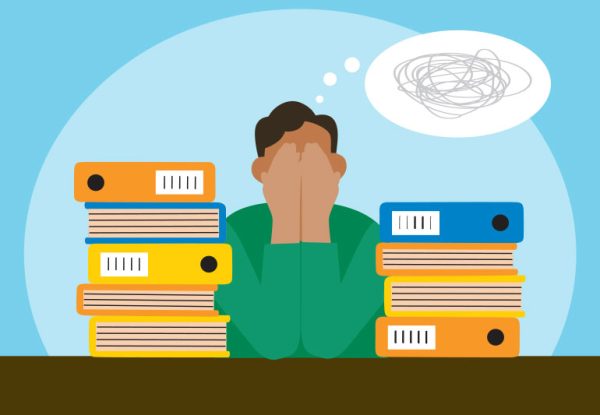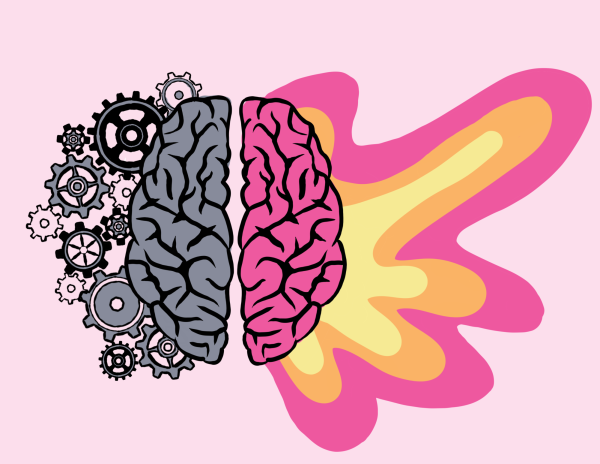Effective ways to lower your ecological footprint
Earth Day might only be one day, but your efforts to conserve the environment are long-lasting.
Year after year, we face the same threat and yet year after year the problem isn’t “urgent enough” to make real change. Three of the world’s most urgent environmental crises—climate change, rapid deforestation, and mass species extinction—are all interconnected problems that compound each other and their impacts on the planet. Anthropogenic sources,our man-made pollution caused by humans,is a huge factor in this.
According to the Global Footprint Network, we currently consume more resources per year than our planet can produce in the same timeframe. What does this mean? We have to change the way we live in our daily lives in order to provide our future generations with a safe and thriving world, unlike the generations before us.
Human Impact On Climate Change
Humans—more specifically, the greenhouse gas (GHG) emissions that human activity generates—are the leading cause of the earth’s rapidly changing climate today. The burning of fossil fuels like coal, oil, and gas for electricity, heat, and transportation is the primary source of human-generated emissions. Companies like Exxonmobil and Chevron corporation in the United States alone do not care to change, denying or downplaying the effects of climate change, so it’s up to us, the people, to contribute our part to the healing of the planet.
It Starts At Home
The easiest thing for every person to adopt into their home is a reduction of single-use plastics policy. Simply avoiding things like plastic utensils, grocery bags, take-out boxes, water bottles, plastic straws, and styrofoam products can drastically change your CO2 output. Replace all of these things with the reusable version. There are plenty of reusable straw and shopping bag options. Once you do it consistently, you won’t even know the difference.
Add Energy-Saving Features to Your Home. Explore green design features for your building, like passive solar heating, a rainwater catchment or greywater recycling system, and recycled materials. Installing a rainwater tank alone would capture rain and conserve water and allow you to use it to water your garden, wash your clothes, and even flush your toilet.
Use biodegradable, non-toxic cleaning products—for not only the environment, but your health too. It has polluted drinking water, increased air pollution, and has also been attributed to the acidification of the soil and mineral depletion of the soil. Pesticides have been reported to cause several adverse health effects ranging from mild allergies, rashes, breathing difficulties, neurotoxicity and reproductive abnormalities to deadly chronic diseases like cancer.
Create your own garden, mulch garden beds, specifically, choose more native plant species like butterfly weed, wood anemone, and Great blue lobelias as they’re both more likely to thrive and also provide a habitat for native animal species. Not only will you be helping the environment but your lawn will look dazzling and you’ll attract butterflies, pollinators, and hummingbirds.
Changing Your Habits
Eat less red meat/eat low on the food chain. Meat consumption is responsible for releasing greenhouse gases such as methane, CO2, and nitrous oxide. Livestock farming contributes to these greenhouse gases in several ways, most prominently the destruction of forest ecosystems (half of global greenhouse-gas emissions are caused by animal agriculture). I would even go as far as to consider becoming a vegetarian, or at the very least fit a “No Meat Monday” into your week.
You also have the option to compost your food waste (turn it into an organic fertilizer that your aforementioned plants will love). Adding Composting into your daily lifestyle prevents soil erosion, promotes healthier plant growth, conserves water, reduces waste, combats climate change, and improves overall soil health.
Reduce your water use. This is a huge one. Simply turning off your sink in between uses and limiting your shower time to less than 10 minutes will go a long way. Installing a water efficient shower head is also a big help. Lessening your water usage diverts less water from our rivers, bays, and estuaries, which helps keep the environment healthy.
Invest in sustainable fashion companies. Buying vintage or recycled clothing and purchasing items with recycled content reduces carbon emissions and saves lots of resources, water, and energy. They also prevent old clothing from ending up in landfills or incinerators. Buying second-hand clothing is great for the environment and your wallet.
Use more fuel efficient cars. Fuel efficient vehicles require less gas to go a given distance. When we burn less gas, we cut global warming emissions and produce less pollution, while spending less on gas—a lot less. When less gasoline is burned, less carbon dioxide ends up in the atmosphere.
All of these things are adaptable with enough effort.
Taking a Bigger Step
Purchase carbon offsets. Carbon offsets are a practical and effective way to address climate change and encourage the growth of renewable energy. When someone buys a carbon offset, the money goes to pay for a reduction in greenhouse gases that has already occurred. This purchase supports an existing project. Using them, you can counteract the personal greenhouse gas emissions that you cannot avoid causing your “carbon footprint” while contributing to a more sustainable future.
Get politically active. Government research and development programs, such as the Advanced Research Project Agency-Energy, can drive progress in clean energy technologies and bring them to commercial use. Congress is responsible for authorizing laws to address the climate challenge and appropriating funding for relevant programs. With your help, you can be a part of the effort to curb emissions and protect public health by urging Congress to enact new legislation.

